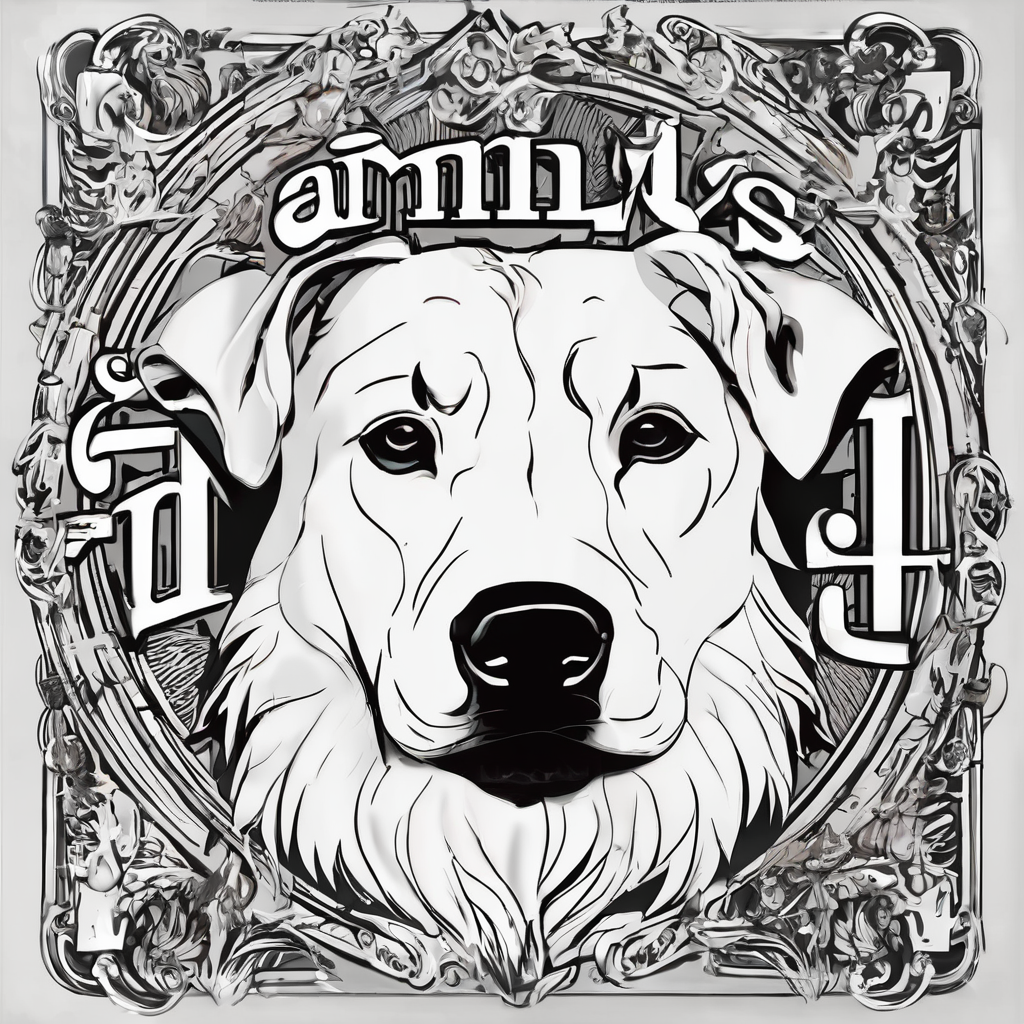A Goldendoodle is a charming crossbreed that’s a favourite for many dog owners. This breed is a mix of two great breeds, the Golden Retriever and the Poodle. Their friendly disposition, intelligence, and hypoallergenic coat make them an ideal pet for many. However, the health and wellbeing of a Goldendoodle in an urban Scottish environment can pose some unique challenges. This article will provide a comprehensive guide on how to maintain the health of a Goldendoodle puppy in a Scottish urban environment.
1. Understanding the Goldendoodle breed
Understanding your dog’s breed is a fundamental step in ensuring their health. Each breed tends to have its own unique health needs and understanding these can help you provide the best care for your Goldendoodle.
A lire en complément : How do you manage excessive shedding in Siberian Huskies living in warm UK climates?
Goldendoodles are generally robust dogs. They inherit the best of the Golden Retriever’s enthusiasm and the Poodle’s intelligence. However, they can also inherit some health conditions from their parent breeds. These can include hip dysplasia, allergies, and certain skin conditions.
It’s also important to remember that Goldendoodles are highly active and sociable dogs. They require regular exercise and interaction to stay healthy and happy. In an urban environment, this may require more planning and effort on the part of the owners.
A lire aussi : How do you manage excessive shedding in Siberian Huskies living in warm UK climates?
2. Health care for your Goldendoodle puppy
Caring for the health of your Goldendoodle puppy starts with regular visits to your vet. Your vet will guide you on a vaccination schedule, deworming, and other preventative treatments. The first year of your Goldendoodle puppy’s life is crucial in establishing a strong foundation for their health.
Since Goldendoodles can be prone to certain health conditions, it’s essential to get regular health screenings. Early detection can help manage these conditions and prevent them from causing serious health issues.
Nutrition is another critical aspect of their health. A well-balanced diet that is age and breed appropriate is crucial in supporting their growth and development.
3. Training and socialization
Training plays a significant role in the mental health of your Goldendoodle puppy. Start training your puppy at a young age, focusing on basic commands and house training. Use positive reinforcement techniques, as these breeds respond well to rewards-based training.
Socialization is another vital aspect of their mental health. Goldendoodles love people and other dogs, so take them to dog-friendly parks and let them interact with others. This will not only help them burn off energy but also learn important social skills.
4. Grooming and coat care
The Goldendoodle’s coat is one of its defining features. It ranges from wavy to curly, and these dogs do not shed as much as other breeds. However, their coat requires regular grooming to keep it healthy and free from mats.
Regular brushing is a must, as is the occasional bath with dog-friendly shampoo. You may also need to trim their coat, especially around the eyes and ears, to keep them looking their best.
Remember, grooming is not just about aesthetics. It’s also an opportunity to check for any skin issues, lumps, or parasites.
5. Adapting to the urban environment
Last but not least, consider the environment your Goldendoodle puppy will be living in. Scottish urban environments can be bustling and noisy, which may overwhelm a young puppy.
Make sure your Goldendoodle gets plenty of exercise, despite the urban setting. Regular walks and playtime in the park can help. In addition, provide plenty of toys and activities to keep them mentally stimulated at home.
Be aware of the weather as well. Scottish weather can be cold and rainy, which some Goldendoodles may not enjoy. Make sure they have a warm and cozy place to retreat to and consider providing a dog jacket for chilly walks.
In conclusion, ensuring the health of a Goldendoodle puppy in a Scottish urban environment requires understanding their breed, providing proper health care, training and socializing them, grooming regularly, and making suitable adaptations to their environment.
6. Enrichment Activities and Energy Outlets
Goldendoodles are a high-energy breed, inheriting their Golden Retriever parents’ boundless energy. For your puppy to maintain a healthy physical and mental state, it is critical they have plenty of opportunities for exercise and mental stimulation. A bored Goldendoodle can become destructive or develop behavioural issues.
In a Scottish urban environment, this might mean daily walks and trips to dog-friendly parks where they can run and play. Many Goldendoodles enjoy playing fetch, so incorporating ball or frisbee games into their routine can be a great way to burn off energy. If you have a yard, providing a secure space for your puppy to run and explore can also be beneficial.
Remember to vary the activities to prevent your dog from getting bored. Including different toys, scents, and environments in their routine can provide much-needed mental stimulation. For instance, puzzle toys filled with dog food can entertain them for hours, offering both mental stimulation and a tasty reward.
Trainability pastimes such as agility training or obedience classes can also be a fun and productive way for Goldendoodles to expend their energy. Their intelligence and trainability make them excellent candidates for such activities.
7. Interaction with People and Other Dogs
One of the Goldendoodle’s most endearing traits is their friendliness. They enjoy being around people and other dogs. This trait, paired with their energy and trainability, makes them great companions, but it also means they need regular social interaction to thrive.
Living in an urban environment provides ample opportunities for socialization. Regular walks around the neighborhood, visits to local parks, and even trips to local pet-friendly establishments can expose your puppy to a variety of people, pets, and environments.
Consider enrolling your puppy in a local puppy socialization class. These classes are designed to expose puppies to different experiences, helping them become well-rounded and confident dogs.
Remember, socialization should be a positive experience. Always monitor your Goldendoodle’s body language during interactions to ensure they are comfortable and having fun.
Conclusion
Raising a healthy Goldendoodle puppy in a Scottish urban environment involves understanding the breed’s unique needs and making adaptations to suit them. It encompasses a range of aspects, including health care, training, socialization, grooming, and environmental adaptation.
Your Goldendoodle’s energy, trainability, and friendliness can be used to your advantage, turning even the most routine activities into fun and enriching experiences. Regular vet visits, a balanced diet, and appropriate grooming will help ensure their physical health, while training, socialization, and mental stimulation will contribute to their mental wellbeing.
Finally, creating an environment that caters to their needs, whether it’s a cozy spot in the house to retreat to, a variety of toys and activities to keep them busy, or regular opportunities for exercise and social interaction, will help your Goldendoodle thrive, even in an urban setting.
Remember, every Goldendoodle is unique, and what works for one might not work for another. It’s important to be responsive to your Goldendoodle’s needs and preferences, learning what they enjoy and what helps them stay happy and healthy. With the right care and attention, your Goldendoodle puppy can grow into a loyal, happy, and healthy companion.






